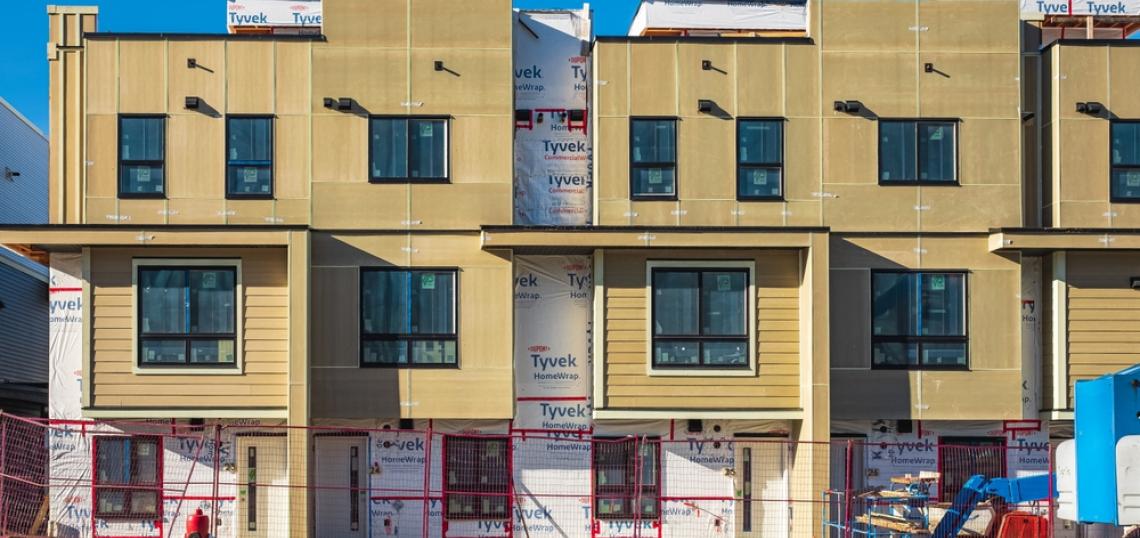A group of citizens who sued the city over four ordinances designed to make it easier to develop new housing projects have apparently prevailed on three of the four laws. That means the city will have to go back to the drawing board on Vertical Mixed-Use 2 zoning and ordinances on compatibility on corridors and residential uses in commercial areas, according to a press release from the plaintiffs.
The one ordinance designed to allow for more affordable units that will apparently continue unscathed is called Affordability Unlocked. The city had previously argued that the plaintiffs were too late in challenging that ordinance, which was adopted in 2019.
Doug Becker, attorney for the plaintiffs, said he and lawyers for the city are working to reach an agreement on the final wording of the order from Judge Jessica Mangrum. Becker said they will have until Friday to submit their proposed order, which will include the city paying the plaintiffs’ attorneys fees and possibly sanctions. Becker added, “I’m putting in the order that Council should rescind the ordinances they passed.”
A spokesperson for the city released the following statement: “We appreciate the Court’s time and attention to this issue. The Court made a preliminary ruling in the Plaintiffs’ favor related to three of the ordinances. … The parties are working to seek clarity on what process changes will be needed in the future.”
In 2022, the city lost an appeal over its attempt to rewrite the Land Development Code.
Marc Duchen, a spokesman for the plaintiffs, said Monday, “The only thing that we ever asked the city to do is to follow the law.” He claimed that the city has been trying to hide the changes it is making to the city’s development regulations: “Trying to hide it is only going to lead to more conflict.”
Mary Ingle, one of the plaintiffs and a former president of the Austin Neighborhoods Council, is concentrating on new regulations City Council was trying to pass before the end of the year. Those include allowing three homes on each lot zoned Single Family (SF-1 and SF-2) or Family Residence (SF-3); removing regulations about accessory apartments and guesthouses; and limiting applicability of McMansion standards to lots with just one home. The proposal would also allow tiny homes of up to 400 square feet.
Ingle, a staunch opponent of the regulations being overturned by the court, is also concerned about the impact the proposed rules, known as HOME, or Home Options for Middle-Income Empowerment, would have on single-family neighborhoods. She said she was working to alert people and get them out to speak at tonight’s Planning Commission hearing on those regulations.
The commission and City Council have already held a joint hearing, and Council is scheduled to have another hearing on Dec. 7 before voting on the changes. It seems likely, however, that someone will challenge these new rules as well, regardless of the number of hearings.






